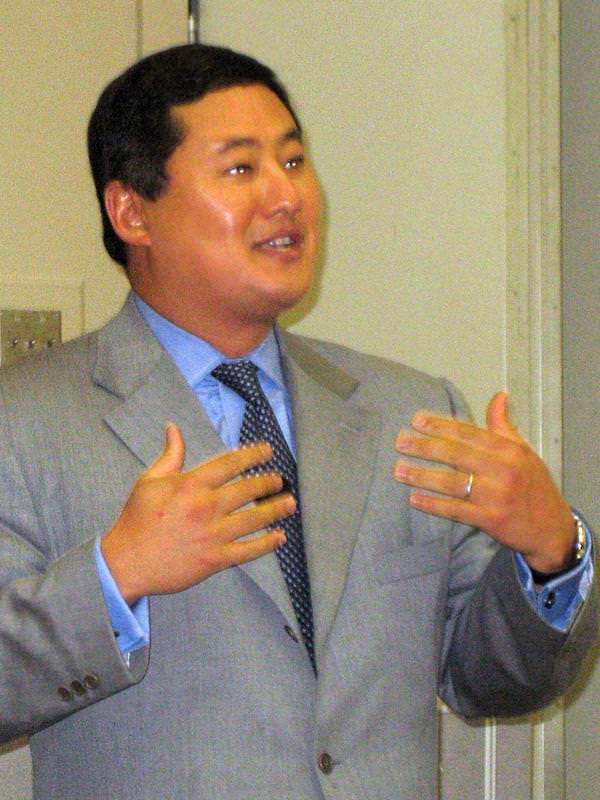John Yoo, Author of the Bush Torture Memos, Criticizes Rand Paul For Taking an Extreme Position on Drones

As a senator, Obama stated that he rejected the Bush Justice Department's view that the president "may do whatever he deems necessary to protect national security." But the connecting thread in virtually all of the Obama administration's explanations of its drone policy is a refusal to set any limits on its own national security powers.
As Jacob Sullum pointed out last month, the leaked Department of Justice white paper explaining the White House's legal rationale for drone killings lays out conditions that would be sufficient to kill someone with a drone. But it doesn't say what conditions would be necessary. The paper argues that the president has the authority to order the death of anyone who presents an "imminent" threat to the United States, which is not much of a standard given that paper also argues for expanding the definition of imminence to the point where it has no longer has any useful meaning. The only thing that matters in determining whether someone is an imminent threat is that the administration has deemed the person to be an imminent threat. It is essentially a justification for using drones to kill anyone the administration deems worthy of killing.
The Obama administration is hardly the first administration to resist putting limits on its own power. The Bush administration was similarly disinclined to spell out the extent of its own power, much less clearly define its endpoint. Its efforts to assert unbounded executive authority were blessed by John Yoo, at the time an attorney in the Justice Department's Office of Legal Counsel.
So it's hardly surprising to see Yoo, who is now a University of California at Berkeley law professor, join the chorus of hawkish Rand Paul critics who have dismissed the Kentucky senator's lengthy, drone-focused filibuster yesterday. "I admire libertarians," Yoo said earlier today, according to Mother Jones reporter Adam Serwer, "but I think Rand Paul's filibuster in many ways is very much what libertarians do, they make these very symbolic gestures, standing for some extreme position."
Extreme is in the eye of the beholder. As Serwer notes, Yoo once suggested during a defense of the Bush administration's torture program that it might be legally permissible for the president to order that an interrogator crush the testicles of a subject's child. It would depend, Yoo said, "on why the president thinks he needs to do that." I'm sure that President Obama is delighted to have Yoo's moral and legal authority on his side.
Granted, Yoo is not totally on board with the Obama administration's drone policy: His primary complaint is that the Obama administration thinks drone killings should be governed by due process (never mind that the White House apparently believes that secretly designating someone to be an imminent threat may be all the process that a target is due). But the differences are less important that where the two administrations converge: The Obama administration's drone policy and Yoo's defenses of Bush's torture regime stem from a shared reluctance to acknowledge any limits, real or hypothetical, on executive authority in the area of national security.


Show Comments (38)